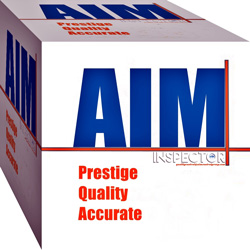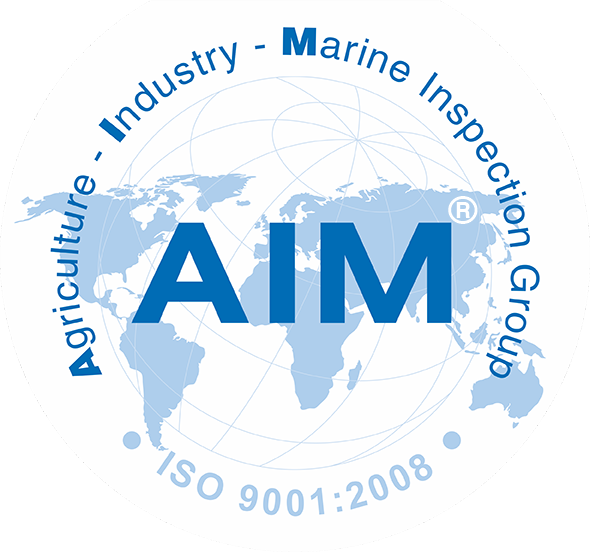Liquefied natural gas expertise in quality and quantity
Liquefied natural gas expertise in quality and quantity, LNG / Loading Unloading Measurement
Over 50 years of experience in liquefied natural gas expertise in quality and quantity, LNG for traders and importers, AIM Control (AIM Group®) is proud of its leading position.
LNG is one of the cleanest and safest of all energy sources with many applications in the domestic and industrial markets. New technologies to liquefy and transport natural gas have allowed producers to manufacture, store and transport LNG to world markets at a competitive cost and in a safe manner.

Dealing in LNG has become a commercial business with a high need for inspection and control. However, the various processes involved do remain the subject of much comment and debate by certain interest groups and stakeholders.
AIM Control (AIM Group®) offers a completely independent measurement and verification service that may be used as data gathering by operators for simple fiscal purposes, but may also be used in support of operating key indicators.
AIM Control (AIM Group®) provides independent LPG inspection, testing, verification and specialized technical services to the LNG industries and committed to adding and helping to maintain our partner’s reputation for high quality products; as well as effectively managing the various risks associated with the production and the transport of LNG.
AIM Control (AIM Group®) Industrial Services provides a total package solution for the LNG industry. Our services offer exists of a well-balanced mix of traditional inspection services and added value services such as design verification, on-site technical support and maintenance support and management. Our experience extends to both LNG production plants as well as to receiving plants.
Our service offer to the LNG industry
LNG Cargo Custody Transfer Measurement
-
Determination of LNG Volume
-
LNG Tank Calibration and Custody Transfer
-
LNG Sampling
-
Determination of Calorific Value
-
Laboratory LNG Compositional Analysis
-
Determination of Energy Transferred (BTU)
Inspection
-
Procurement
-
Vendor surveillance, expediting, Pressure Vessels
-
Materials (eg. Mills, specification conformance)
-
Laboratory Analysis
Testing
-
NDE (Non Destructive Examination)
-
Materials testing (Civil / electrical / mechanical labs)
Verification
-
Design verification, conformance
-
Certification Authority
Certification
-
Equipment conformance to code/standard
Complementary services
-
Conformance/performance (Test witness)
-
On Site Technical support
-
QA/QC Department (Project hire-lump sum)
-
Project Management Systems
-
Technical Staffing (Web enabled)

Cooling natural gas to about -260°F at normal pressure results in the condensation of the gas into liquid form, known as Liquefied Natural Gas (LNG). LNG can be very useful, particularly for the transportation of natural gas, since LNG takes up about one six hundredth the volume of gaseous natural gas. While LNG is reasonably costly to produce, advances in technology are reducing the costs associated with the liquefaction and regasification of LNG. Because it is easy to transport, LNG can serve to make economical those stranded natural gas deposits for which the construction of pipelines is uneconomical.
LNG, when vaporized to gaseous form, will only burn in concentrations of between 5 and 15 percent mixed with air. In addition, LNG, or any vapor associated with LNG, will not explode in an unconfined environment. Thus, in the unlikely event of an LNG spill, the natural gas has little chance of igniting an explosion. Liquefaction also has the advantage of removing oxygen, carbon dioxide, sulfur, and water from the natural gas, resulting in LNG that is almost pure methane.
LNG is typically transported by specialized tanker with insulated walls, and is kept in liquid form by auto refrigeration, a process in which the LNG is kept at its boiling point, so that any heat additions are countered by the energy lost from LNG vapor that is vented out of storage and used to power the vessel.







